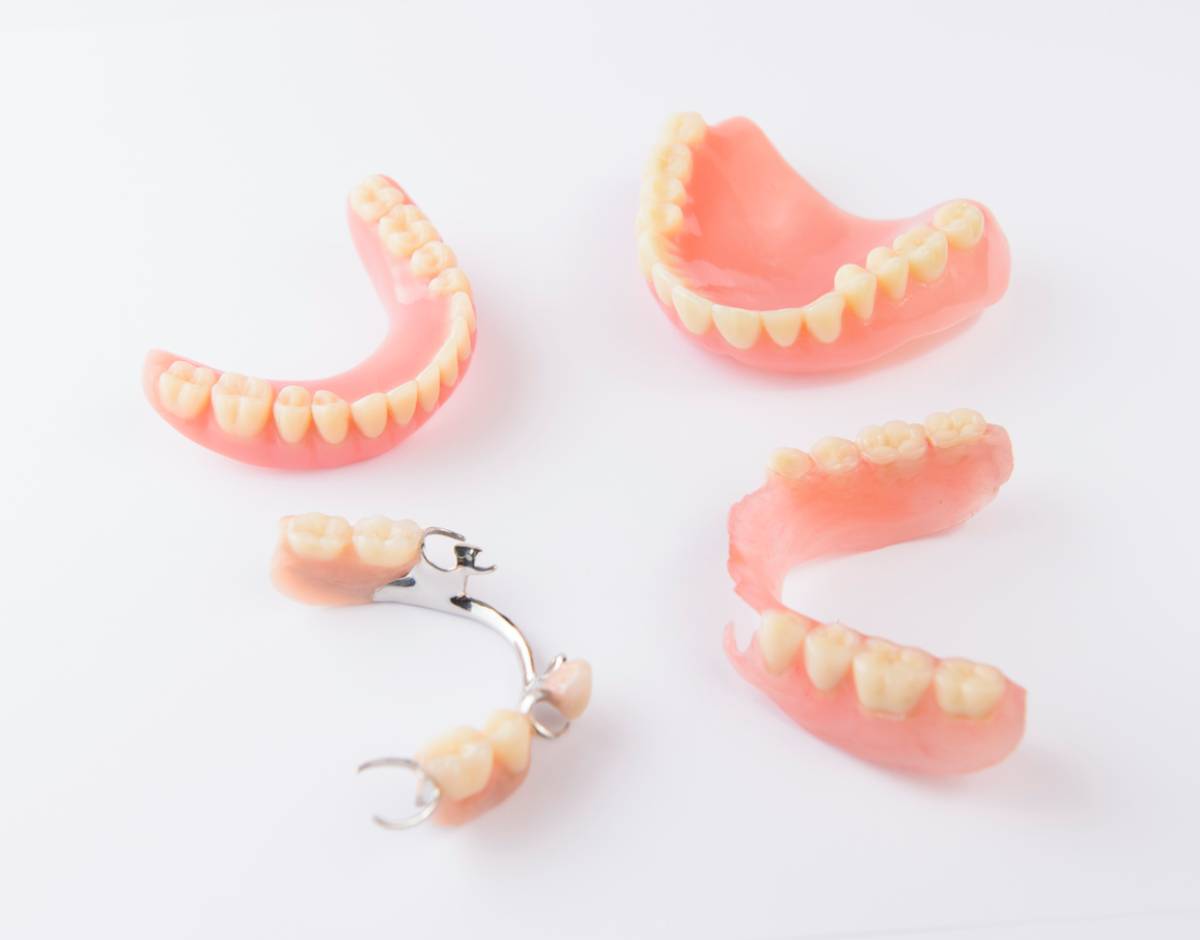There are a lot of options when it comes to choosing the right dentures for your situation. One of the biggest questions is whether you need full or partial dentures. This decision is typically determined by the number of remaining teeth you have that are capable of supporting a partial denture.
The Guidelines for Partial Dentures
To get a partial denture you need a minimum of one tooth that can be used to help support the partial denture. If you are replacing teeth in the upper and lower jaw, then you will need at least one tooth in the upper jaw and one tooth in the lower jaw.
Do I Need Full or Partial Dentures?
Even if you meet these criteria, your dentist in Irvine may strongly suggest choosing complete dentures unless you have multiple teeth on each arch to support the structure of a partial denture. Ultimately, it will come down to your dentist. If they feel that your remaining teeth have the ability to support partial dentures and your own personal preference.
When Partial Dentures Aren’t The Right Fit
If you’re missing too many teeth or simply prefer to transition straight into complete dentures, there are several options you can choose from to create the best long-term experience.
There are three major categories of complete dentures that you may consider.
- Conventional dentures
- Immediate dentures
- Implant-supported dentures
Choosing between the three will be based on cost, expediency, and the associated long-term health outcomes.
Conventional Dentures
Conventional dentures are generally placed eight to twelve weeks after the removal of your teeth. This waiting time allows the gums to heal and shift. Then your dentist takes the molds that will be used to create the final product.
The downside of conventional dentures is that you will have two to three months where you will not have anything to replace your natural teeth. The upside is that your conventional dentures will be carefully designed to fit your healed gums. Conventional dentures typically require fewer adjustments and cause less discomfort.
Immediate Dentures
Immediate dentures are placed immediately after the extraction of your natural teeth. These dentures are created based on molds made prior to extraction. While this option may be better for people who are concerned about having to wait for dentures, this convenience does come at a cost.
Immediate dentures are modeled after your jaw prior to extraction. As a result, they will require several adjustments as your jaw and gums adjust to their new normal. This process can be time consuming, and you may experience discomfort as the alignment of your dentures and gums becomes less stable in between adjustments.
Implant-Supported Dentures
Implant-supported dentures usually require a longer healing period, and they can be more costly. Still, with that said, they offer some of the best long-term health outcomes. They help to maintain the health of your jawbone.
These permanent dentures are secured using a few carefully placed dental implants in the top and bottom jaw. These implants are held in place by a surgical-grade metal post. Next, this post is drilled directly into the jawbone. Still, this placement offers superior hold. And it creates a connection with the jawbone that will prevent it from atrophy over the years.
While implant-supported dentures do require patience and a number of additional visits, they may be worth the effort if you consider the various benefits that come with this approach.
Making Your Choice
Your dentist offers full and partial dentures in Orange County to ensure that you can make the right choice for your oral health. If you have any questions regarding dentures or other tooth replacement options, reach out to your local Irvine dentist.

